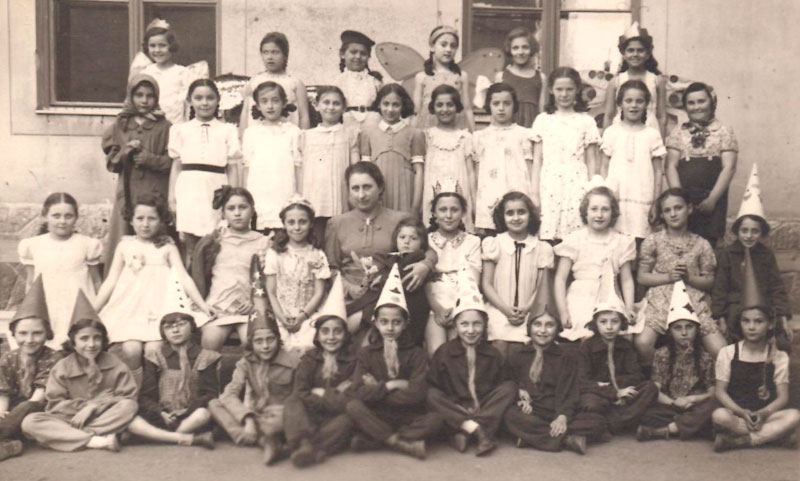Marianne Lazlo – Reflection On Life
Marianne talks about the effect her experiences have had on her. She explains why she is glad she came to Scotland and did not go to America, as her sisters did. Finally Marianne explains why she is now finally free of ‘her Holocaust’. INT: That’s a lovely story. And looking back over your life are… Continue Reading Marianne Lazlo – Reflection On Life

